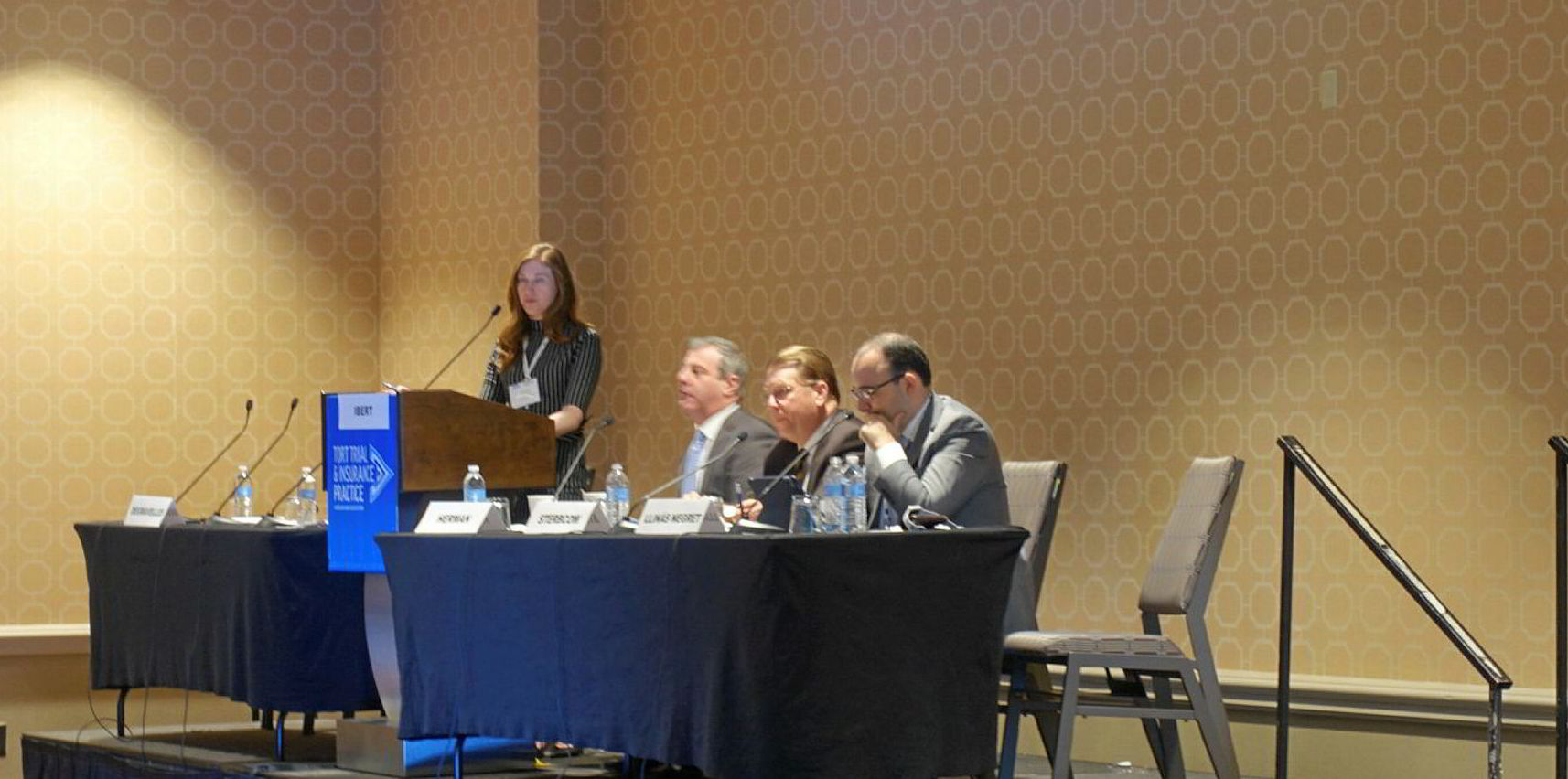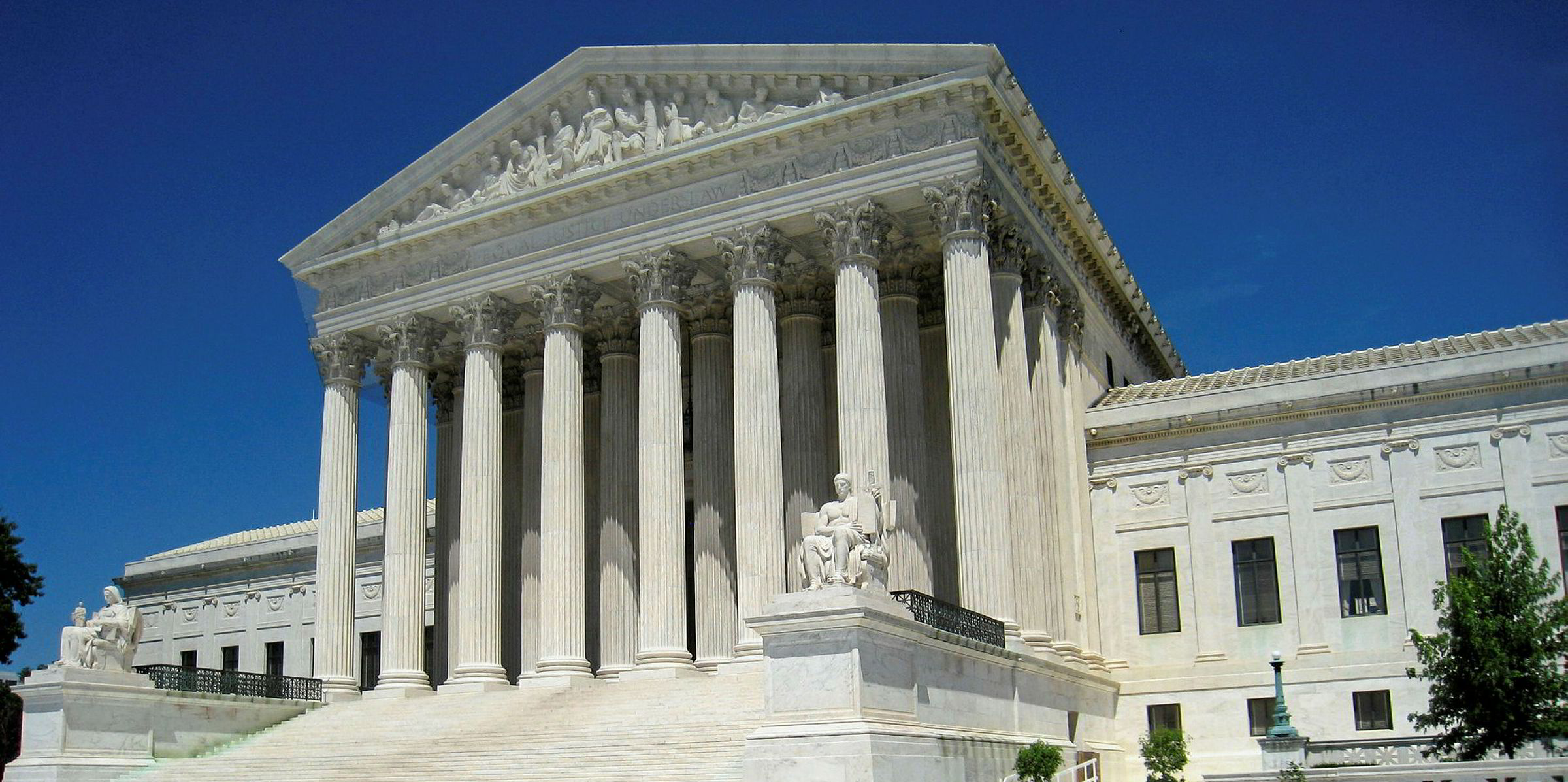If the US Supreme Court sides with the injured seafarer in an upcoming case over punitive damages for unseaworthiness claims, the effects on the shipping industry will be minimal according to New Orleans maritime lawyer Paul Sterbcow.
Speaking at the American Bar Association's Admiralty Disruption conference on Saturday, Sterbcow told attendees that the Christopher Batterton v The Dutra Group case is, practically, “a wonderful exercise in maritime law” that will not much affect the day-to-day operations of shipowners.
“The lawyer knows he has to show grossly negligent, wanton” conduct in order to win punitive damages, he said, speaking on a panel on the views of plaintiffs' attorneys.
“That’s pretty easy to avoid. Even my teenagers can avoid intentionally reckless conduct most of the time,” he said.
Monday, the high court is set to hear oral arguments in the case.
In it, Batterton brought the suit against Dutra after a hatch blew open on a dredging vessel working off the coast of California in 2014, crushing his left hand. Batterton argued in Los Angeles federal court that his injuries were caused by pressurised air that Dutra “negligently allowed to build up in the compartment below”.
The Dutra Group then moved to strike Batterton’s punitive damages claim, and had an appeal ahead of settlement denied.
The case will settle a split between the Ninth Circuit, on the US West Coast, and the Fifth Circuit, on the Gulf Coast.
Industry groups and attorneys have argued the availability of punitive damages are not backed up by precedent and could make maritime transportation considerably more expensive.
But Sterbcow, a managing partner at Lewis, Kullman, Sterbcow & Abramson, said the availability of punitive damages existed before the Jones Act and that the court would not take it away.

And far from injecting stifling, arbitrary decisions into the shipping industry, plaintiffs have a high bar to clear to get punitive damages, he argued.
“While this is a very interesting discussion, and it’ll be interesting to see what the Supreme Court does, if you handle your business the way I’m sure all of you do, I’m sure it’s a claim in the main that is going to be pretty easy to defeat,” Sterbcow said.





